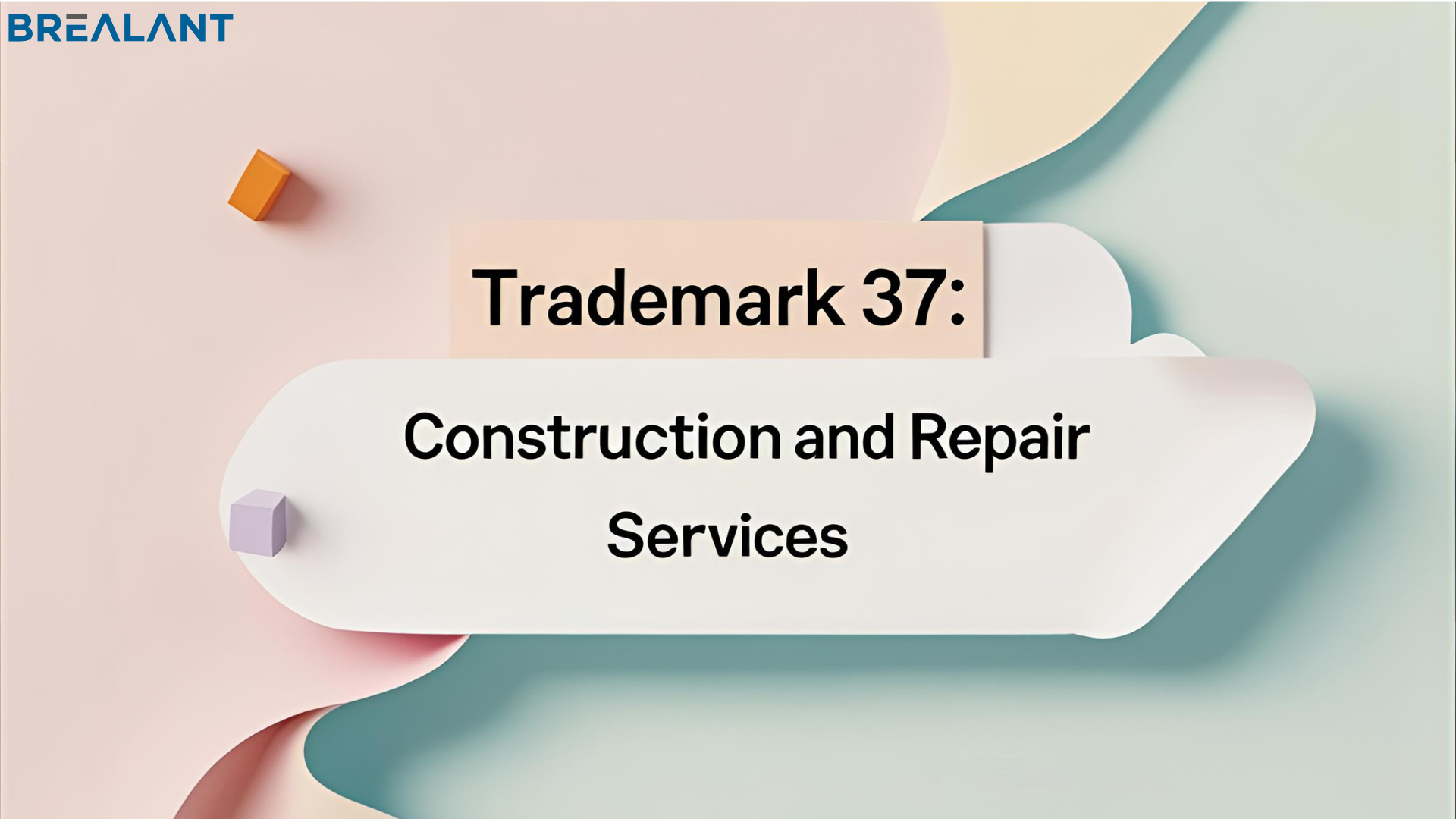

In the Philippines, the Intellectual Property Office of the Philippines (IPOPHL) organizes trademark applications under the Nice Classification (NCL), which is an international system dividing goods and services into 45 different classes. The aim is to separate businesses by category, preventing confusion when marks are used in unrelated industries.
Class 37 is particularly broad and covers:
💡 Examples of Philippine Class 37 trademarks include marks for pest control companies, roofing services, and HVAC installers. For instance, “READY ROOFER” (roofing services) and “MR. SPEEDY” (installation services) are illustrative of valid Class 37 registrations.
Applicants should avoid Class 37 if their services fall under:
Businesses sometimes need to file in related classes if their services overlap. For Class 37, related classes may include:
However, applicants must be cautious: each class requires separate fees, and over-filing without necessity can be costly.
Unlike goods, where a label is affixed to a product, service marks require different proof of use. Acceptable evidence in the Philippines includes:
Unacceptable evidence includes:
In the Philippines, a Declaration of Actual Use (DAU) must be filed:
Failure to comply leads to automatic cancellation of the mark. This is stricter than some other jurisdictions and ensures that marks are only kept on the register if genuinely used in commerce.
In Kolin Electronics vs. Kolin Philippines International (G.R. No. 228165, IPOPHL and Supreme Court, 2017), IPOPHL refused registration of the “KOLIN” mark for construction and repair-related goods/services because it was confusingly similar to an existing registered mark in a different but related class. This illustrates that even if businesses file under different classes, likelihood of confusion remains a ground for rejection or opposition.
After publication in the IPOPHL E-Gazette, third parties can oppose registration within 30 days (extendable once by 45 days). Grounds may include similarity to an existing mark, descriptiveness, or deceptive nature.
Similarly, a registered Class 37 mark can be cancelled if:
✅ Key Takeaway: When applying for a Class 37 mark in the Philippines, businesses must: